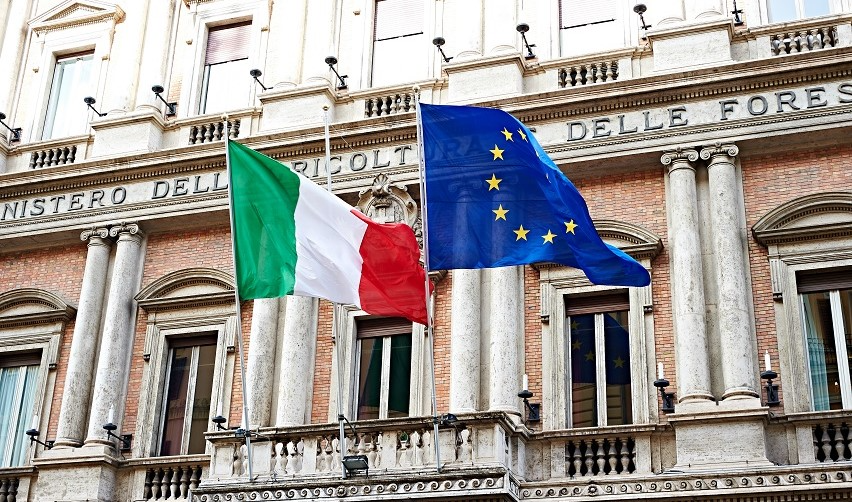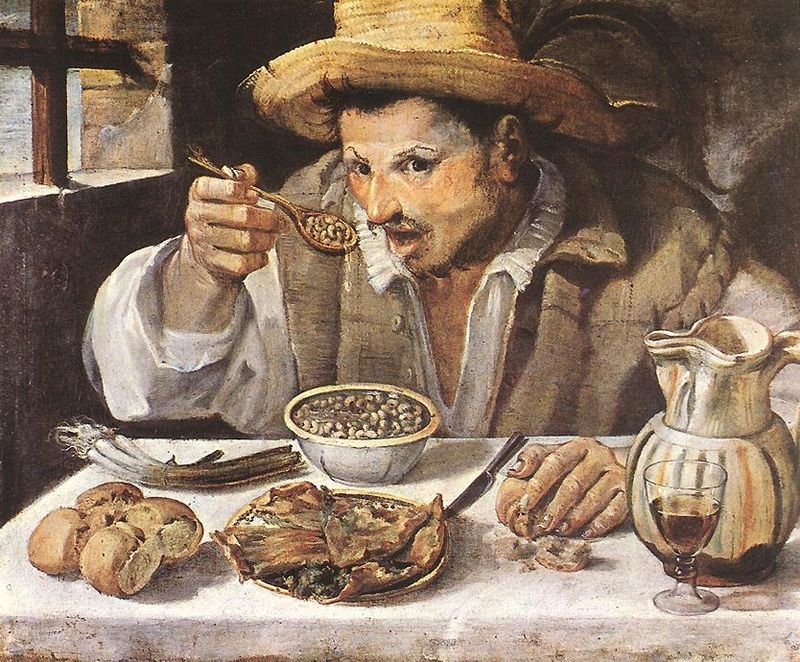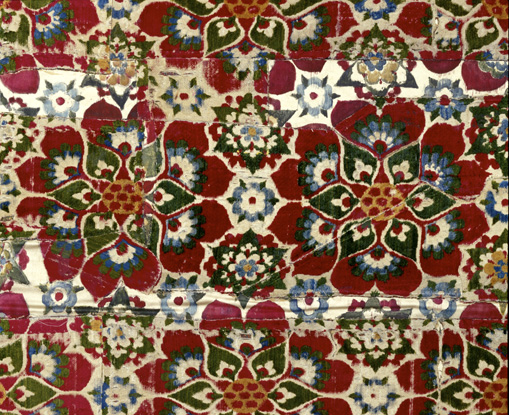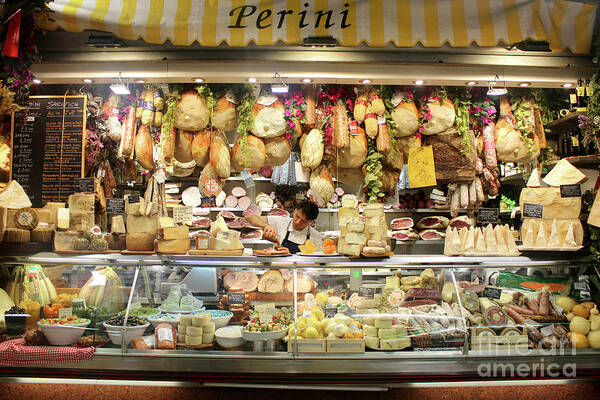
- Professor: Peter Fischer

This course will examine the prominence, variety, cultural distinctiveness and functions of sports (and spectacles) in ancient and modern societies. The first half of term will focus on the Ancient World, from pre-history to the Middle Ages, with a special emphasis on Greek culture and Roman spectacles. But the phenomenon of ancient sports and spectacles – the Greek Olympics, the shocking violence of the Colosseum games – will not be approached as isolated pastimes but as essential elements in social, political and religious life. Sport will be used as an historical window into human nature, cultures, and periods.
Likewise, in the second half of term we will cover sport in the 20th century: from the humble origins of the modern Olympics in 1896 through the use of the games and sport in general as a political-social platform during Fascism and Nazism, Communism and the Cold War, up to the most relevant social issues reflected by sport in our present time. We will explore the connections between sport and global political, social and cultural power relations. Case studies will include, in addition to the Olympics, the World Cup, the significance and potential of soccer in both Europe and the USA, the interplay of race and sport and the issues of gender and sport.
- Professor: Erika Bianchi
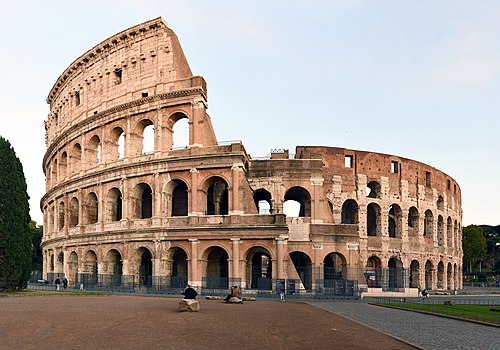
This course is an introduction to the history and culture of the Roman world, from the Rome’s beginnings in myth and legend through its rise to domination of the Mediterranean world, its violent conversion from a Republic to an Empire, and the long success of that Empire down to its collapse in the fifth century A.D. The first part of the semester will focus on the development of Roman institutions and political system, while the second will be devoted to the social structure of the Roman Empire and the daily life of its people. As we search together to unravel the historical significance of the Roman achievement, we will look at Roman literature and religion, art and architecture, and philosophy. When possible, we will give a privileged place to primary sources in translation, letting the characters of this great historical drama speak for themselves. Our readings will be supplemented by slides, videos, and a field trip to Rome.
- Professor: Erika Bianchi

